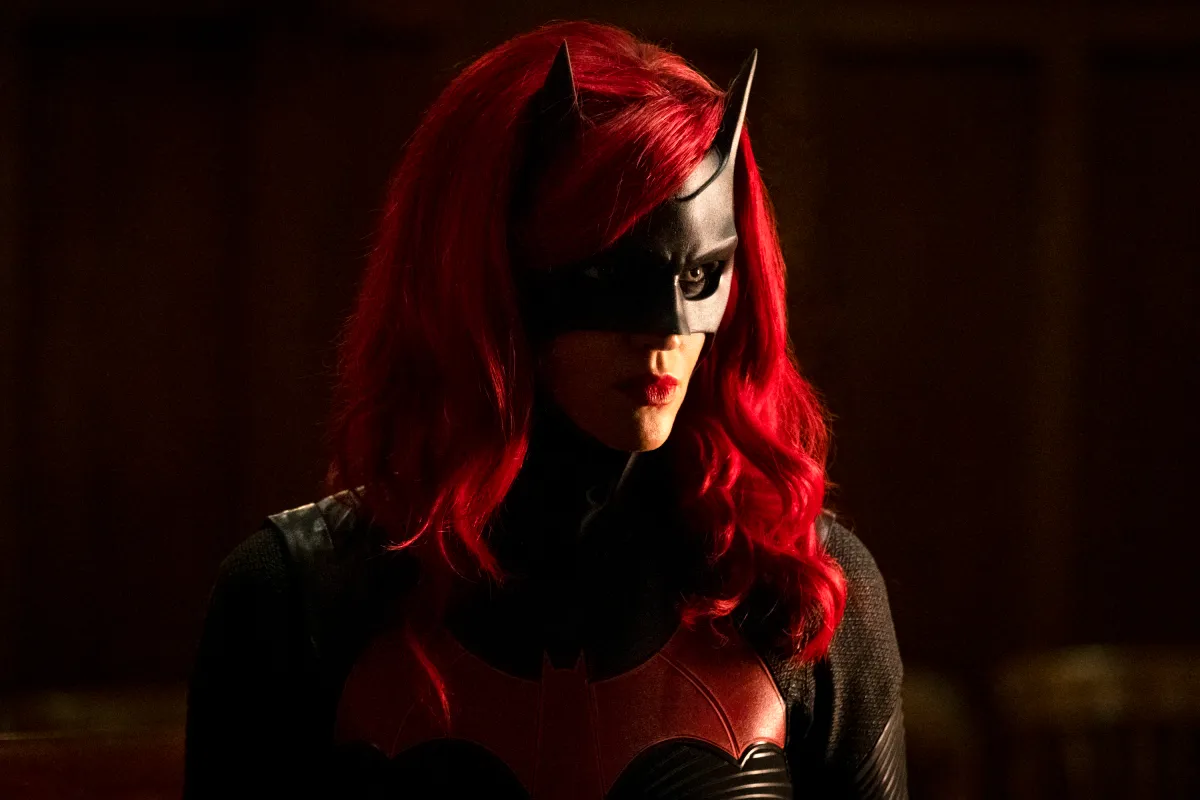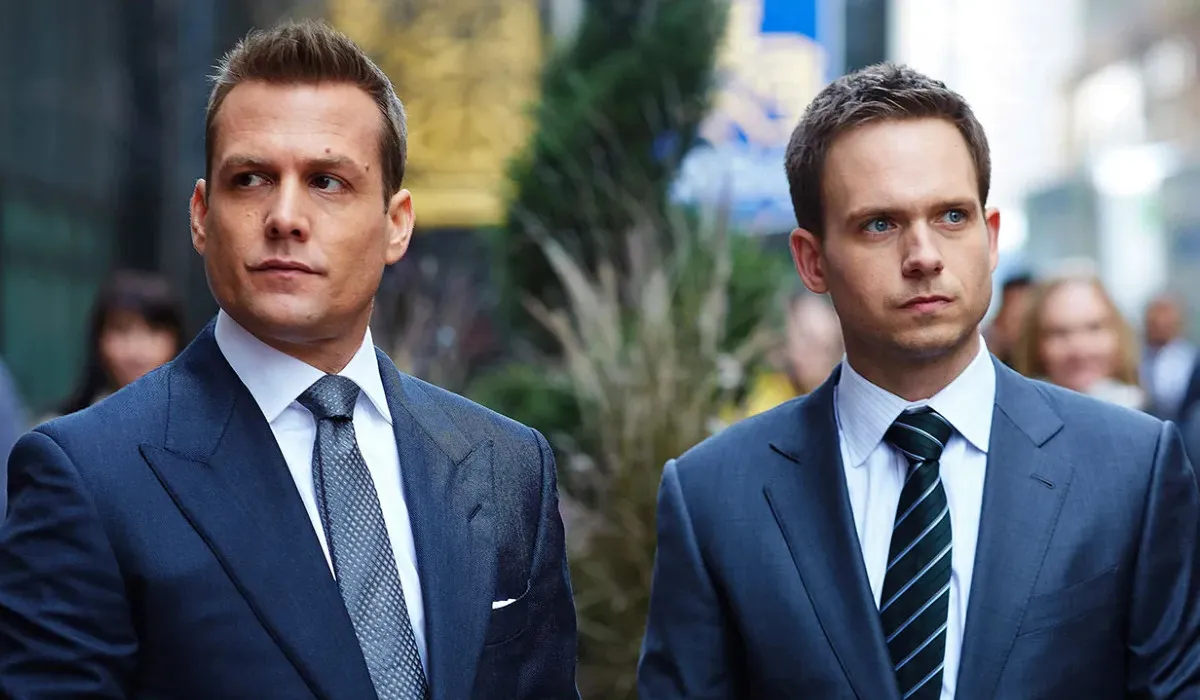Batwoman just came out as a lesbian—no, not in our world, where we’ve celebrated her queerness for a while. Batwoman the hero, not Kate Kane the person, came out within the world of the CW show, letting Gotham city know that she’s here, queer, and … not into the Bargain Chris Evans cop that people were shipping her with. It was an interesting move for a masked superhero, but it shows why having heroes that represent all people really matters.
This was the first episode back for the regular series after Kate Kane (Ruby Rose) joined The CW’s “Crisis on Infinite Earths” crossover as the Paragon of Courage, and she was having trouble squaring that identity with the fact that Gotham had decided Batwoman was dating a hunk police officer. This worked on a lot of levels. It makes sense that the protector of the city would become a topic for social media posts, gossip, and speculation—and even get tagged in selfies. In this world, heroes are celebrities, and Batwoman is a topic for discussion as much as an actor or other luminaries. She’s a symbol.
Batwoman means something to everyone in Gotham, and she’s doing good. Luke Fox (Camrus Johnson) brings up the valid point that people assuming Batwoman is straight helps Kate keep her identity a secret. The hetero assumption for her is not even harmful; it’s helpful. Kate Kane is out and proud, so Batwoman doesn’t need to be, right? In fact, that would connect them!
And for a spell, Kate goes with this … until she meets a teenager named Parker (Malia Pyles) who has turned to a life of cybercrime as a cry for help and attention, after she was forcefully outed by her ex-girlfriend and rejected by her parents.
In a powerful scene, Batwoman has to face Parker, who berates her for how easy life must be and tells her to spare her the “‘it gets better’ PSA.” Parker hits it on the nose when she says, “We both know I’m gonna grow up hiding my girlfriends and aspiring to be represented by an ancillary character of my favorite tv show.” Just … ouch.
But Kate shows her courage later when she takes off her mask for Parker—potentially outing herself and her identity to all of Gotham, rather than let innocents die at the hands of her evil twin, Alice (Rachel Skarsten). Things work out, and Parker keeps her secret, but in an exclusive interview with Kara Danvers of CatCo magazine (there are already perks to having everyone on one Earth!), Batwoman herself comes out.
Batwoman, like Supergirl and other Arrowverse shows, really does get why representation matters, especially to younger people. Audiences don’t just want but need to see themselves in their heroes. We need to see that we can succeed and thrive and be loved and heroic—that we don’t have to be ancillary, but we can be the center of the story. We can be heroes, as the song goes.
I’m very glad that Batwoman, both the show and the character, are taking this stand. Courage isn’t about doing what’s easy; it’s about doing the hard, risky thing because it’s the right thing, not just for you, but for the world. As we’re continually denied heroes on the big screen, forced to be content with nameless characters being queer in easily edited-out moments, it’s brave and bold for a show to come out (pun fully intended) and say that’s cowardly and even harmful to the people watching.
Batwoman showed that giving queer people—or any marginalized group—a hero that’s one of them isn’t easy. It might even be the more dangerous path, but in the end, if it helps people, it’s worth it. Because that’s what heroes do.
(image: Liane Hentscher/The CW)
Want more stories like this? Become a subscriber and support the site!
—The Mary Sue has a strict comment policy that forbids, but is not limited to, personal insults toward anyone, hate speech, and trolling.—










Published: Jan 21, 2020 02:12 pm